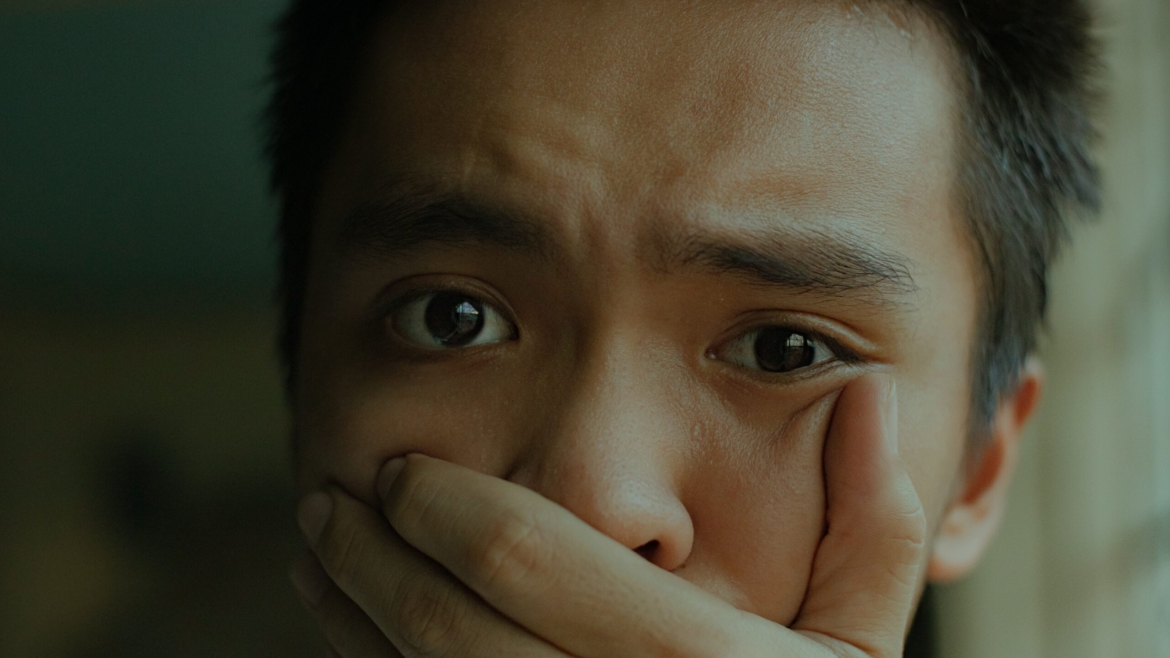Anxiety is a common psychological disorder affecting many people worldwide. Early records show that anxiety has been around since Greco-Roman times.
However, as time passes, anxiety triggers change and adapt to modern days. Moreover, a lot of people within contemporary times are afraid of dentists.
Although the reasons behind this are numerous, the dentist, their team and patient must know how to deal with this situation to achieve a favorable outcome.
In this article, we’ll explain the best ways to deal with dental anxiety. It will help you feel safe and relaxed during your dental appointment.
Importance of anxiety management
Whether it is due to fear of needles, a traumatic experience, or stories told by someone else, dental anxiety can be strong enough to prevent you from attending dental treatments.
Thereby, learning how to deal with dental anxiety is a key factor to maintain proper oral health. Also, it is vital to understand that there’s no reason to be afraid of dentists. They are trained to help you without causing any pain or discomfort.
How could you ease your condition?
Certain techniques can work to help you control your dental anxiety levels. It is essential to remember that dealing with anxiety disorders takes time and patience. You should do it at your own pace. Here are some useful pieces of advice:
- Don’t attend too early
Staying too long in the waiting room is enough to trigger your anxiety. Arrive at the dental office only a few minutes before your appointment time.
- Communication
One of the main ways to cope with dental anxiety is through communication.
Although dentists are trained to properly manage every situation, it is important to let them know how you feel, and what makes you anxious. This will help them understand your situation better. Also, having proper communication allows your dentist to take all the necessary special considerations.
The dentist and their team should explain what they will do to help you relieve the stress caused by not knowing what to expect.
- Practice mindful techniques
Taking deep breaths or counting them can lower your heart rate. It will make you feel calmer, your muscles more relaxed, lowering your anxiety level.
- Sedation options
Dentists can offer sedation options to help you dealing with dental anxiety.
They can be conscious, such as oral sedation (pills), nitrous oxide (gas) or a combination of both: oral sedation with nitrous oxide. You can also choose to be asleep with intravenous sedation. To do that, the dentist needs a special certification.
The most important advise: make sure you choose a dentist that you trust. This will make you less afraid of the dentists, and improve your oral health.
You will find a very reliable and caring dentist at Iris Dentistry, your dentist in Waterloo. We offer conscious sedation options. Call Iris Dentistry in Waterloo at (519) 886-8980 or click here to contact us.

